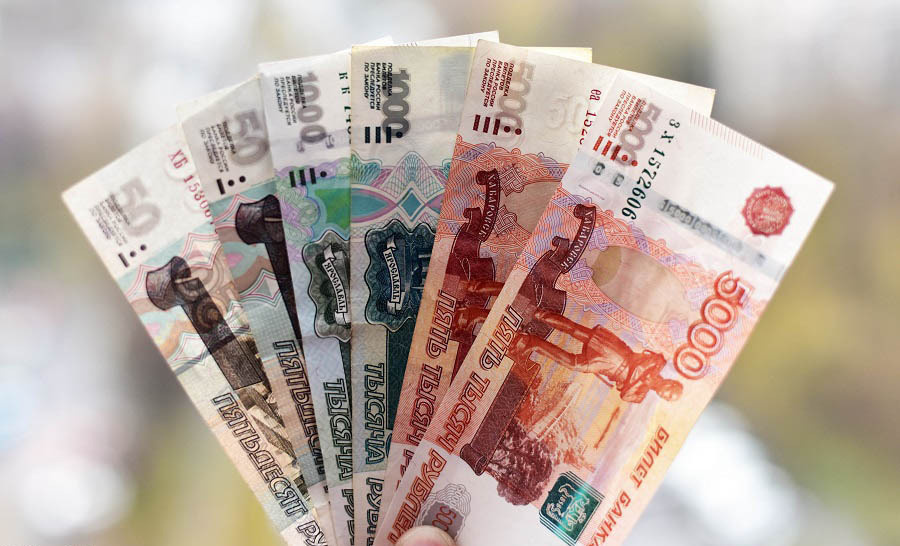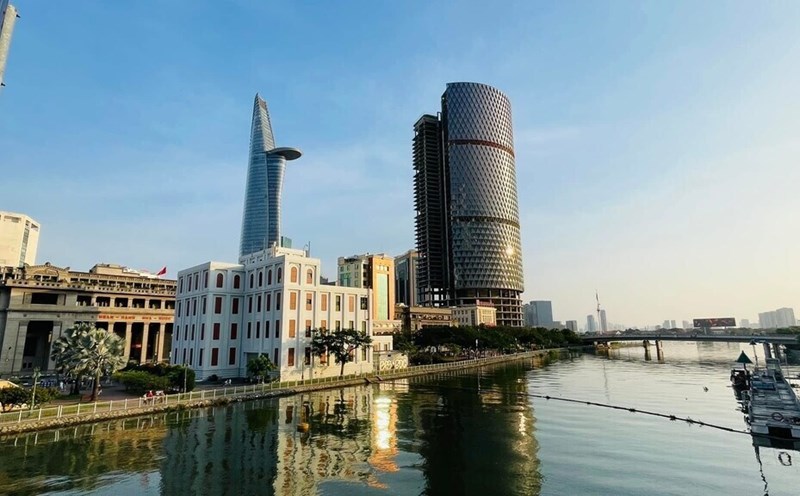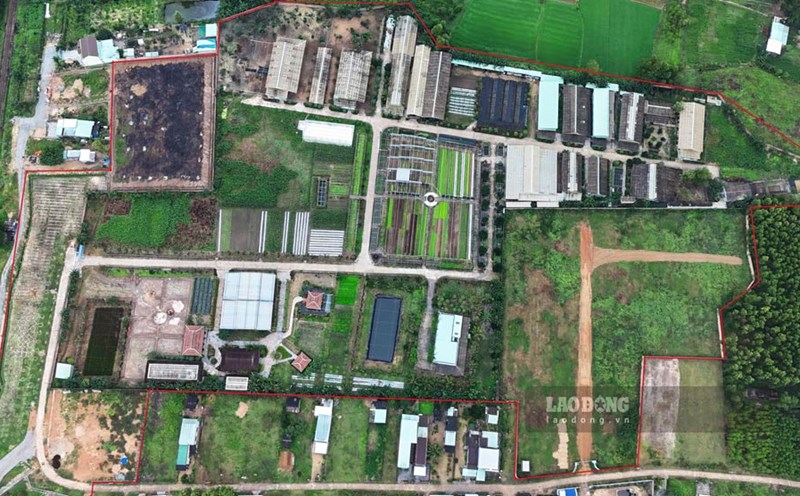In the context of Russia still facing many sanctions from the West, the country's economy is recording impressive growth rate, becoming an attractive destination for Western investors.
This surprising reality was revealed by Russian Economic Development Minister Maksim Reshetnikov himself at the AIM Investment Conference 2025.
"The Russian economy is growing steadily, with an increase of 4.1% over the past 2 years. This is a particularly attractive time for the Russian economy, especially from the West," TASS quoted Mr. Reshetnikov as emphasizing.
According to Minister Reshetnikov, Russia is maintaining high real interest rates, while foreign trade activities remain stable and the ruble exchange rate has not had many major fluctuations.
"There are certain fluctuations, but the overall situation is stable. This is the time to seriously consider investing in capital, as well as developing common technology" - Mr. Reshetnikov added, implying opening the door for deeper forms of cooperation with the international community, despite many political barriers.

The two-year 4.1% growth data - amid Russia's cutting off from many Western financial channels - is a testament to the surprising adaptation of the world's 11th largest economy to nominative GDP.
Not only economic growth, Russia's national payment system - Mir cards - is also gradually overcoming sanctions, reaching more and more countries.
Central Bank Governor Elvira Nabiullina said mir cards are now accepted in 13 countries, although some still have limits for each point of sale or bank. Four countries allow the comprehensive use of Mir cards.
In particular, 6 new countries are in the early stages of receiving Mir cards including Indonesia, Malaysia, Nepal, Pakistan, Thailand and Sri Lanka. Three more countries - Egypt, Iran and Mauritius - have officially announced plans to accept the system. Six other countries are also negotiating the possibility of integrating Mir into their payment systems.
However, the system has also recorded some setbacks, with Turkey, Uzbekistan and Kyrgyzstan stopping using Mir cards amid pressure from the US and Europe.
In the context of financial isolation by the West, Russia has not only not fallen behind but also built a defensive economic model and skillfully transformed towards autonomy.
Investment attraction, even from backward economies, and the possibility of expanding its own payment system show that Russia is no longer a besieged country, but is proactively reshaping the game.










